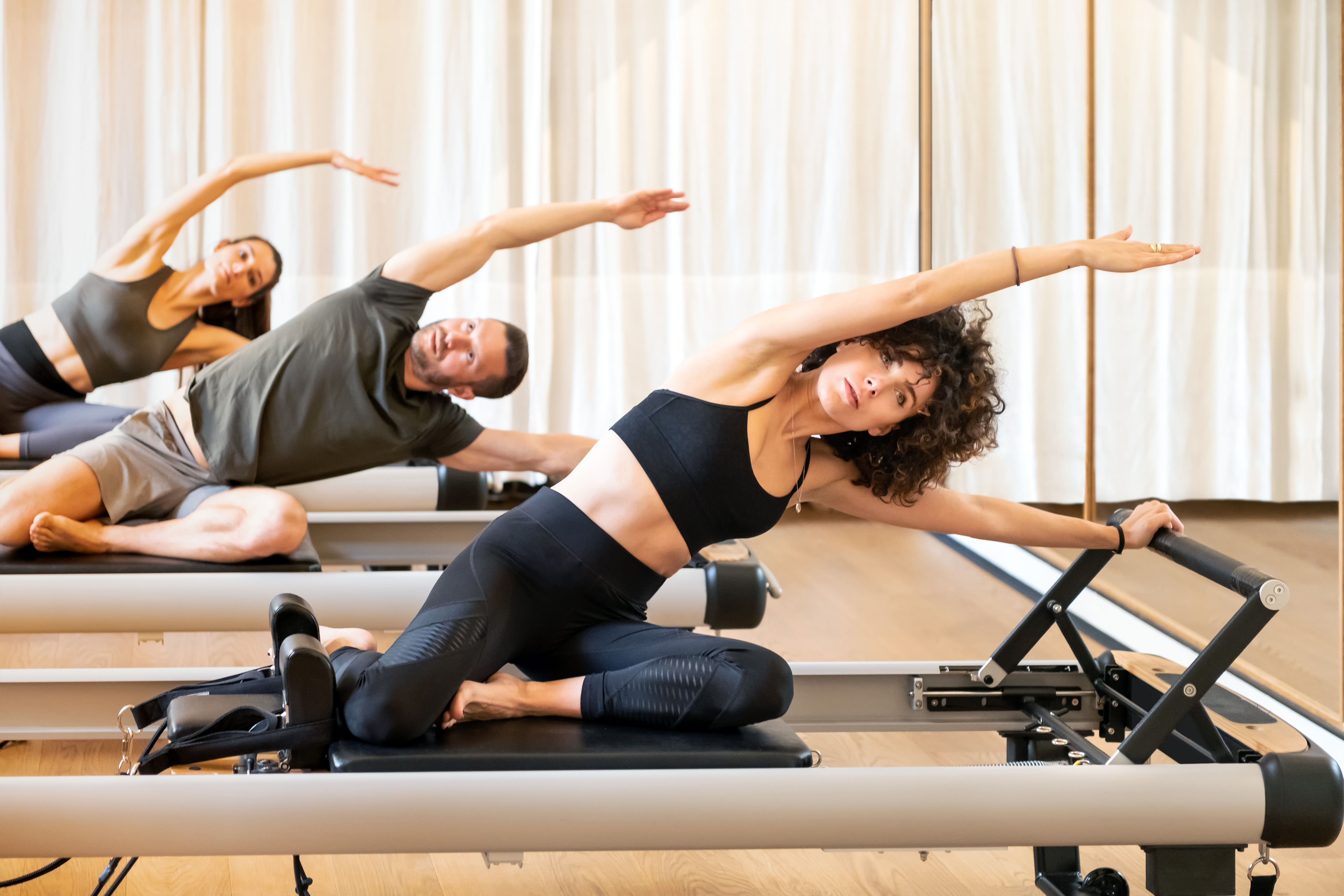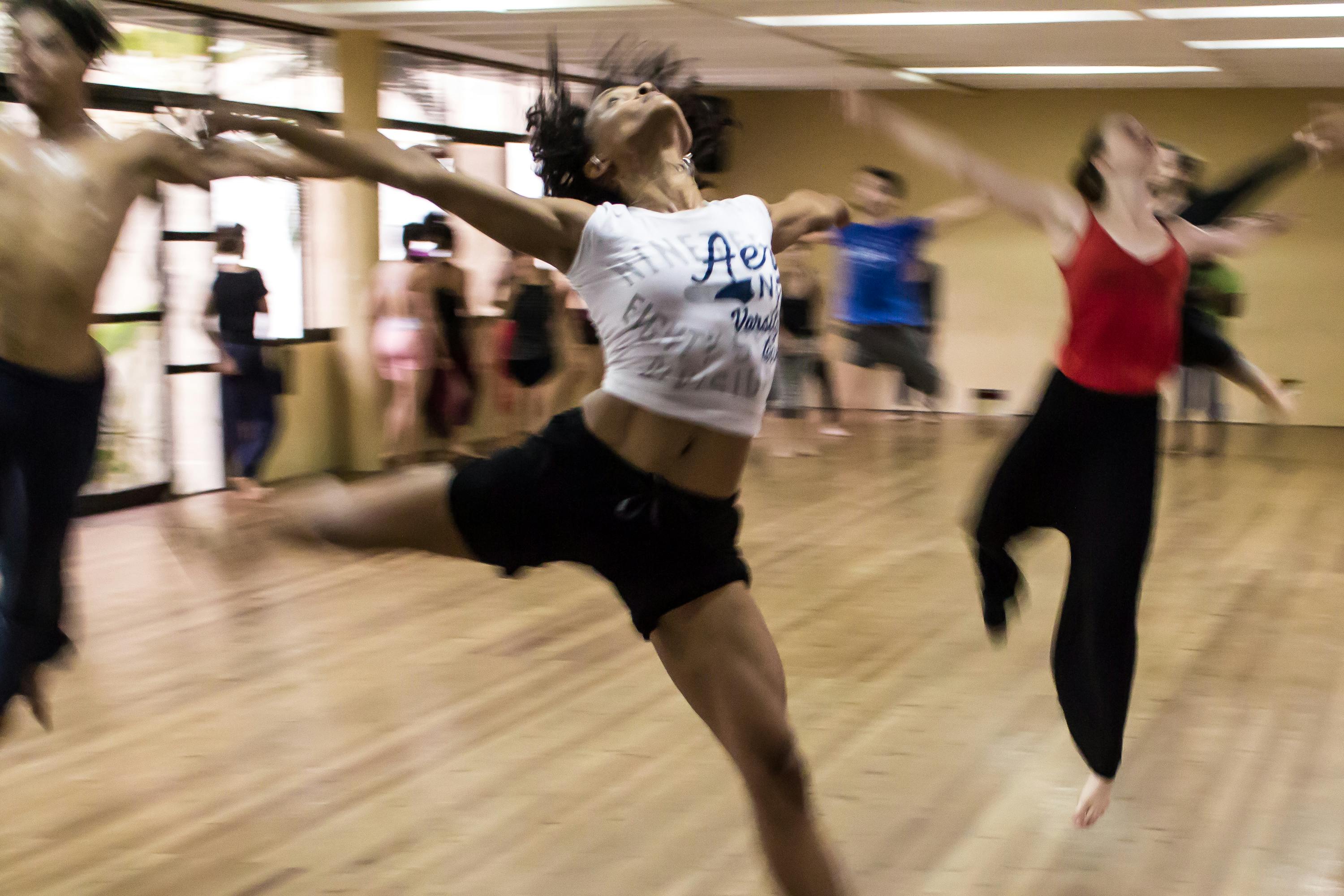7 'Movement Practices' Proven to Reduce Anxiety and Stress
Pilates: Core Strength and Mental Resilience

Pilates, developed by Joseph Pilates in the early 20th century, focuses on strengthening the core muscles, improving posture, and increasing flexibility. Beyond its physical benefits, Pilates is celebrated for its mental health advantages. The practice's emphasis on controlled movements and precise breathing patterns fosters concentration and mental clarity, effectively reducing stress and anxiety. By engaging the mind fully in each exercise, practitioners experience a meditative state that helps quiet the mental chatter. Pilates encourages a connection between movement and breath, promoting a sense of inner calm and resilience that extends beyond the mat into everyday life.
Dance: Expression and Emotional Release

Dance, in its myriad forms, offers a unique combination of physical exertion and emotional expression. Whether it's the structured steps of ballroom or the freeform flow of contemporary dance, moving rhythmically to music provides an outlet for emotional release and stress reduction. Research indicates that dance can elevate mood, reduce symptoms of anxiety, and improve overall mental health. The social aspect of dance also plays a crucial role, as it fosters community and connection, which are vital components of emotional well-being. Dance allows individuals to express emotions non-verbally, offering a creative escape from the pressures of daily life.
